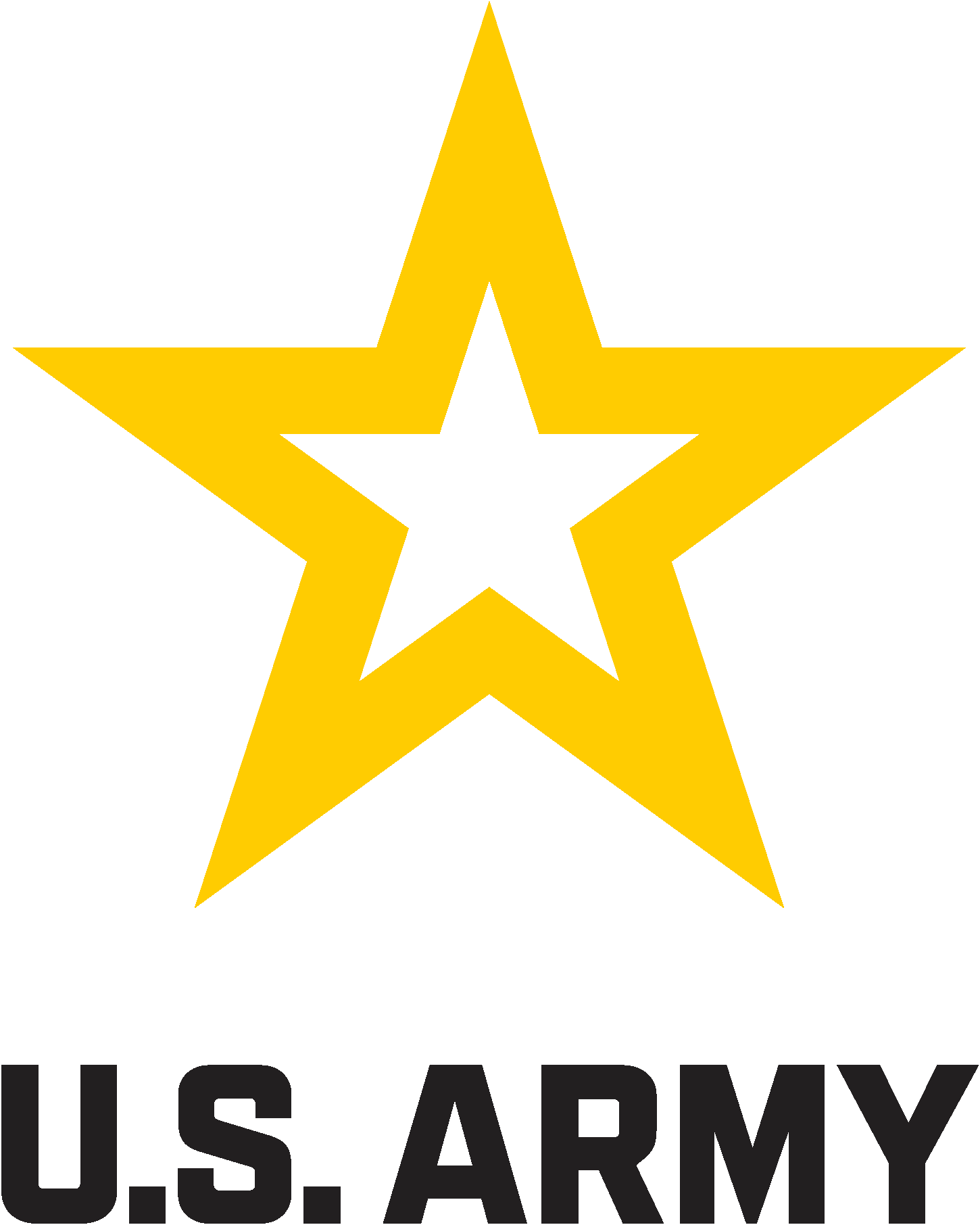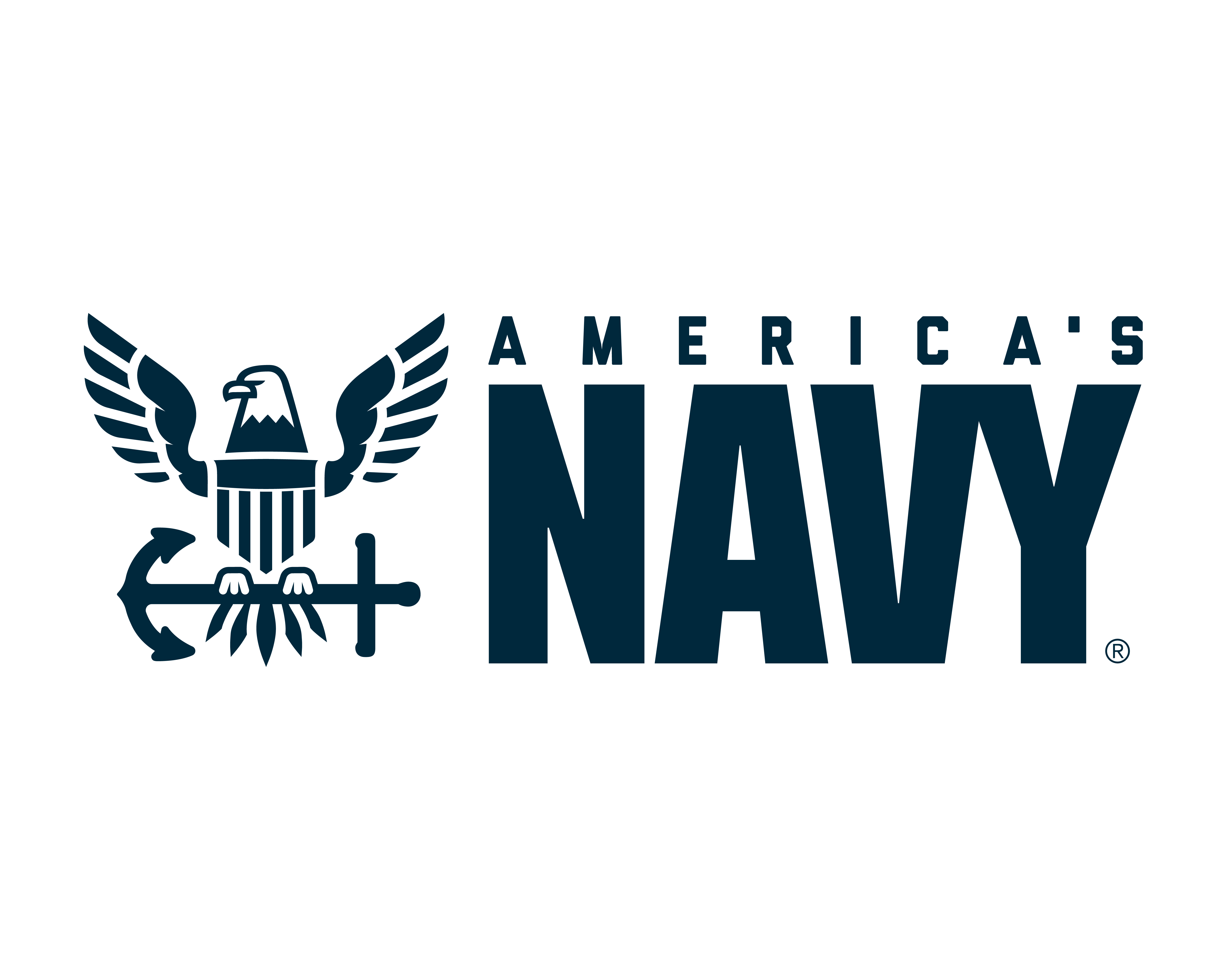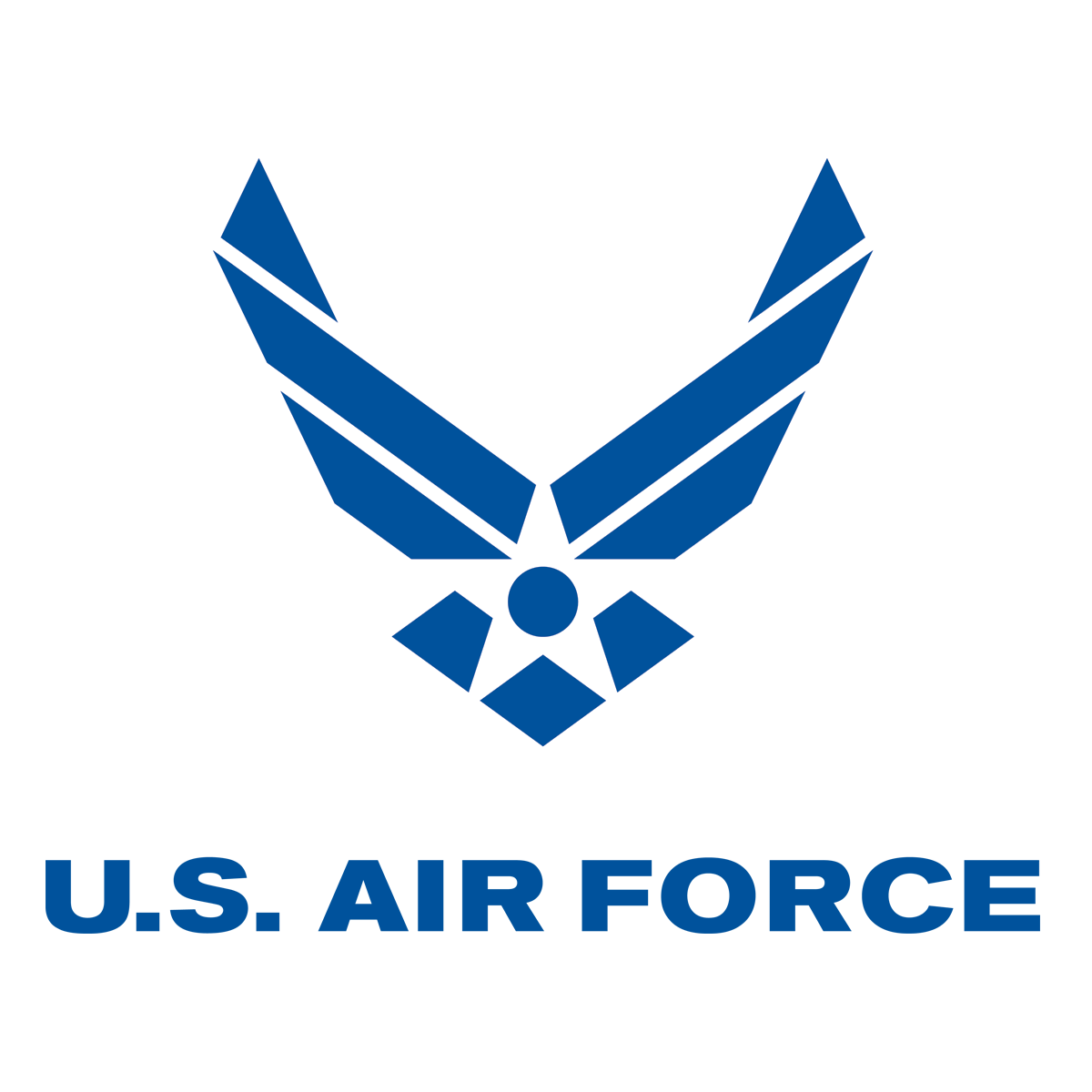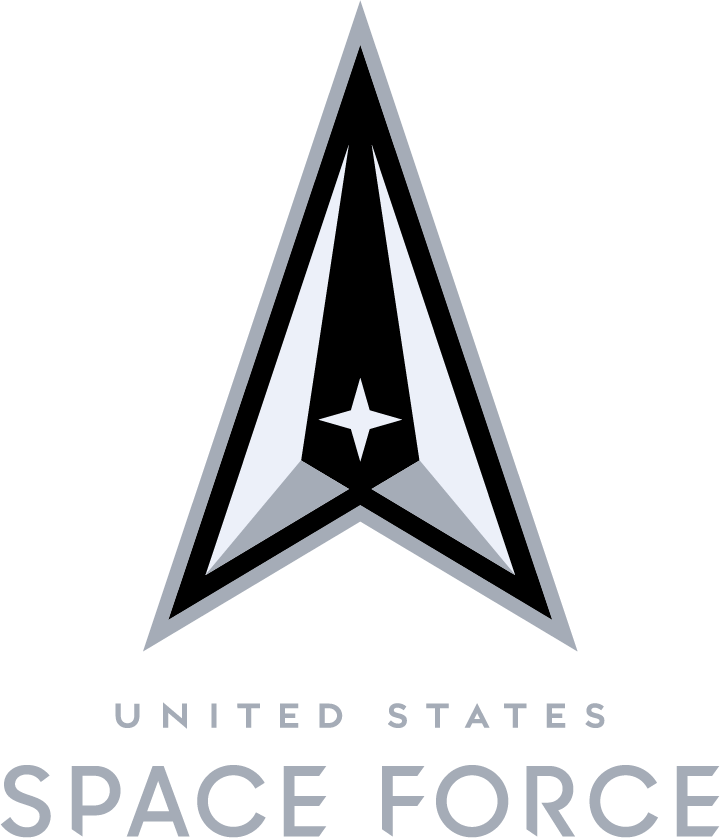Military Cardiopulmonary and EEG Technicians
Military Career
General Information
Description
Cardiopulmonary and electroencephalogram (EEG) technicians assist physicians by performing a variety of diagnostic and therapeutic procedures that involve the heart, lungs, blood, and brain. They operate sophisticated equipment in performing this job and interact with patients on a regular basis.
Work Environment
Cardiopulmonary and EEG technicians usually work in hospitals and clinics. In combat situations, they may work in mobile field hospitals.
Workplace at a Glance
What you can expect to experience while on the job
- Responsibility
- Exposure to job hazards
- Physical activity
- Decision making
- Repetitiveness
- Level of competition
- Time pressure
Military Outlook
Service Branches
Jobs in this career field may be available in other service branches. Call or email a particular branch for more info.
Military Status
- Enlisted
- Hands-on/specialized
- High school diploma required
Military Workforce
Cardiopulmonary and EEG Technicians in the Military
3,863
Salary
Salary Information
Median Military Salary This is the median, or the midpoint, of the salary range for this career.
$87,747
Military Salary Range Salary varies based on years of service, degree level, special pays, family status and location. Learn more about Military benefits.
$27,124 - $362,582
What makes up a Military salary?
Military salaries include a lot more than just base pay.
They also offer:
- Housing allowances
- Subsistence allowances
- Special and incentive pays
- Cost-of-living allowances
- Hazardous-duty pay
- Bonuses
Learn more about what goes into a salary with the compensation estimator
Learn more about military insurance and retirement benefits
Education
Most Common Education Levels
People in this career achieve this level of education.
-
Bachelor's degree 45%
-
Associate's degree 30%
-
Post baccalaureate 10%
-
Master's degree 6%
-
High school 4%
-
Some college 0%
-
Doctoral degree 0%
-
Less than high school 0%
-
Post-doctoral training 0%
-
Post-master's certificate 0%
-
First professional degree 0%
-
Post-secondary certificate 0%
Military training
All enlisted service members complete basic military training, which includes time spent in a classroom and in the field, and covers tactical and survival skills, physical training, military life and customs, and weapons training. Cardiopulmonary and EEG technicians receive classroom and on-the-job medical training, through which they develop skills in providing basic patient care. Training content may include: Diagnostic methods and proceduresOperation and maintenance of diagnostic equipmentPreparation of patients for testingMethods of resuscitationMinor surgical proceduresEmergency medical treatmentClinical laboratory procedures
Read MoreSkills at a Glance
Skills helpful in this career
- Verbal skills
- Critical thinking & problem solving
- Equipment operation & maintenance
- Math & science skills
- Technology design & control
- Leadership
Knowledge
- Chemistry
- Biology
- Customer and Personal Service
- Mathematics
- English Language
Gain insights into your knowledge by using the ASVAB Career Exploration Program
 Army
Army Marine Corps
Marine Corps Navy
Navy Air Force
Air Force Coast Guard
Coast Guard Space Force
Space Force